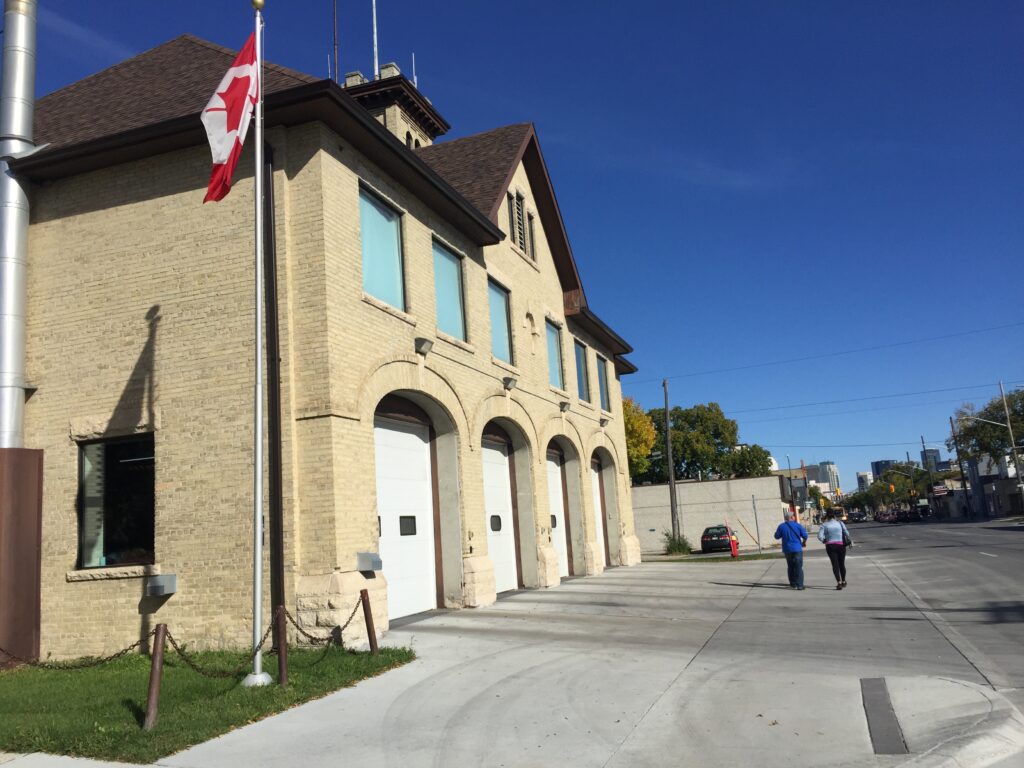
For Immediate Release (Treaty One, Winnipeg): October 3, 2022
CODE RED: WINNIPEG FIRE AND PARAMEDIC INFRASTRUCTURE DEFICIT LOOMING – NEW REPORT
by Jack MacAulay and Niall Harney
This event will launch Fadi Ennab’s report, Safer Schools Without Policing Indigenous and Black Lives in Winnipeg in partnership with Police-Free Schools Winnipeg.

August 31, 2022
For Immediate Release (Winnipeg, Treaty One) – The Manitoba government’s announcement today is insufficient to address the impacts of inflation on Manitoba families.
Families with children: It is regressive for public funds to provide a flat amount for families with a household income of less than $175,000 a year with children. The cost of necessities, such as shelter, food and fuel, make up more than half of the expenditures of poor households (in the lowest income quintile). Comparatively, households that are higher up the income ladder spend less than 30% on such necessities.
August 25, 2022 Winnipeg, Treaty One Territory – The Manitoba Office of the Canadian Centre for Policy Alternatives calculates that a family of four, with two working parents, would require a wage of $18.34/ hour in Winnipeg, $15.66/ hour in Brandon and $16.25/ hour in Thompson in order to maintain a modest standard of living in each respective city. The living wage reflects the income required to support a family based on the actual costs of living in a specific community. This includes costs for housing, transportation, and food, among other items.
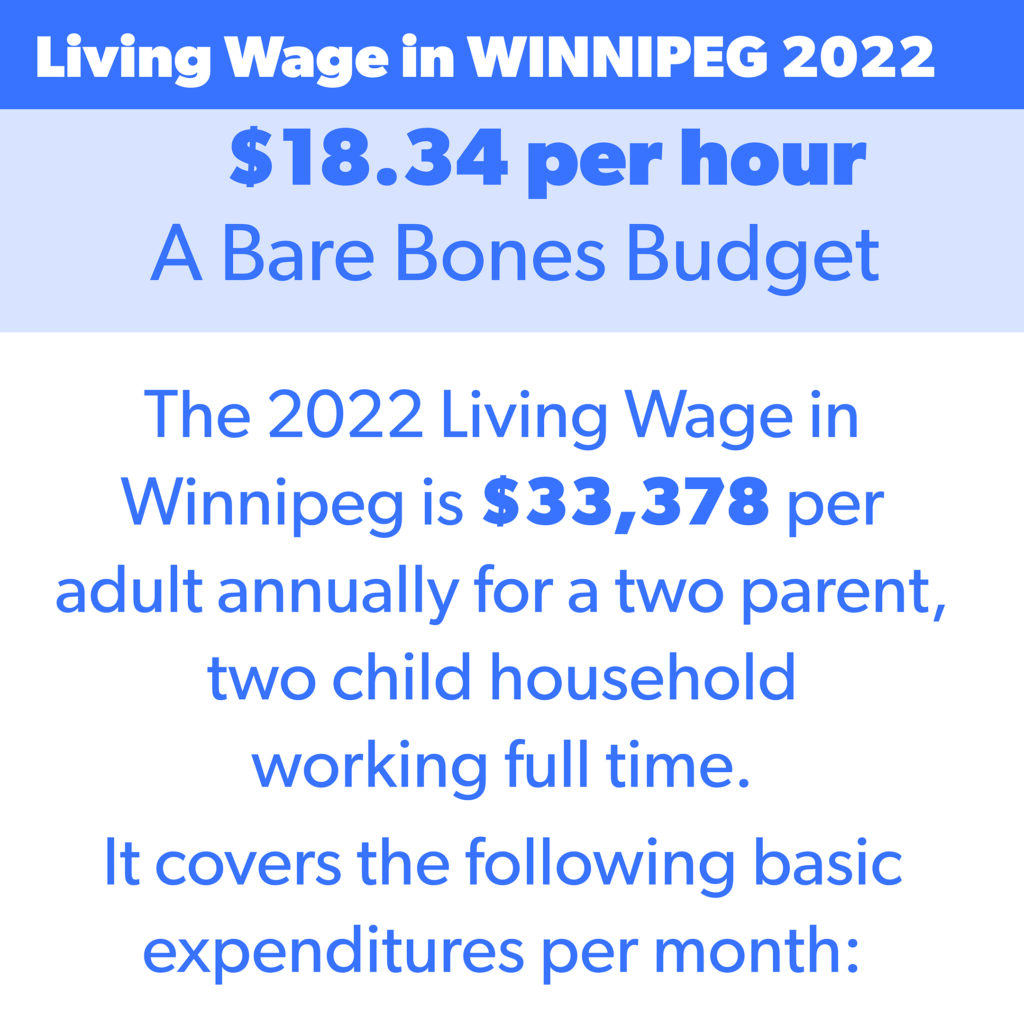
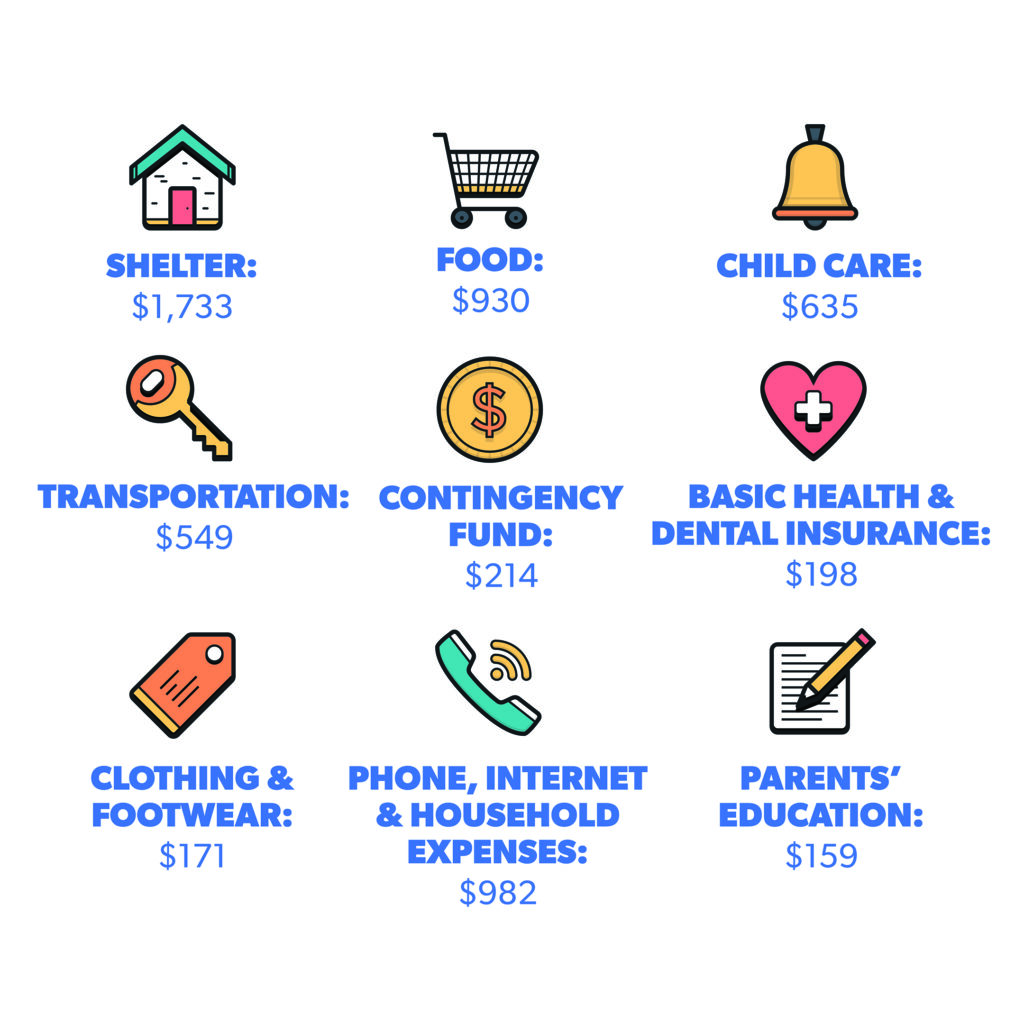
August 18, 2022
For Immediate Release (Winnipeg): The Manitoba government’s minimum wage announcement today will not cover the massive cost of living increases low-income workers face in 2022.

The Ndinawe Child and Youth Care Certificate Program (NCYCCP) is a post-secondary education program for formerly sexually exploited individuals in Winnipeg, Manitoba. The full-time, one-year college program is offered in partnership with Red River College Polytechnic (RRC Polytech) and Ndinawemaaganag Endaawaad Inc. since 2007. It offers accredited training using foundational knowledge and practical experiences for students to support children, youth, families and communities as youth support workers. This training comes from a variety of trauma-informed, relational, and anti-oppressive frameworks. For the majority of students, this program is the first step in ending a cycle of poverty and reliance on social assistance. Students have the opportunity to work towards healing themselves and rebuilding their lives while embarking on a career path that can have a direct positive impact on their own families and on children and youth in their larger community.


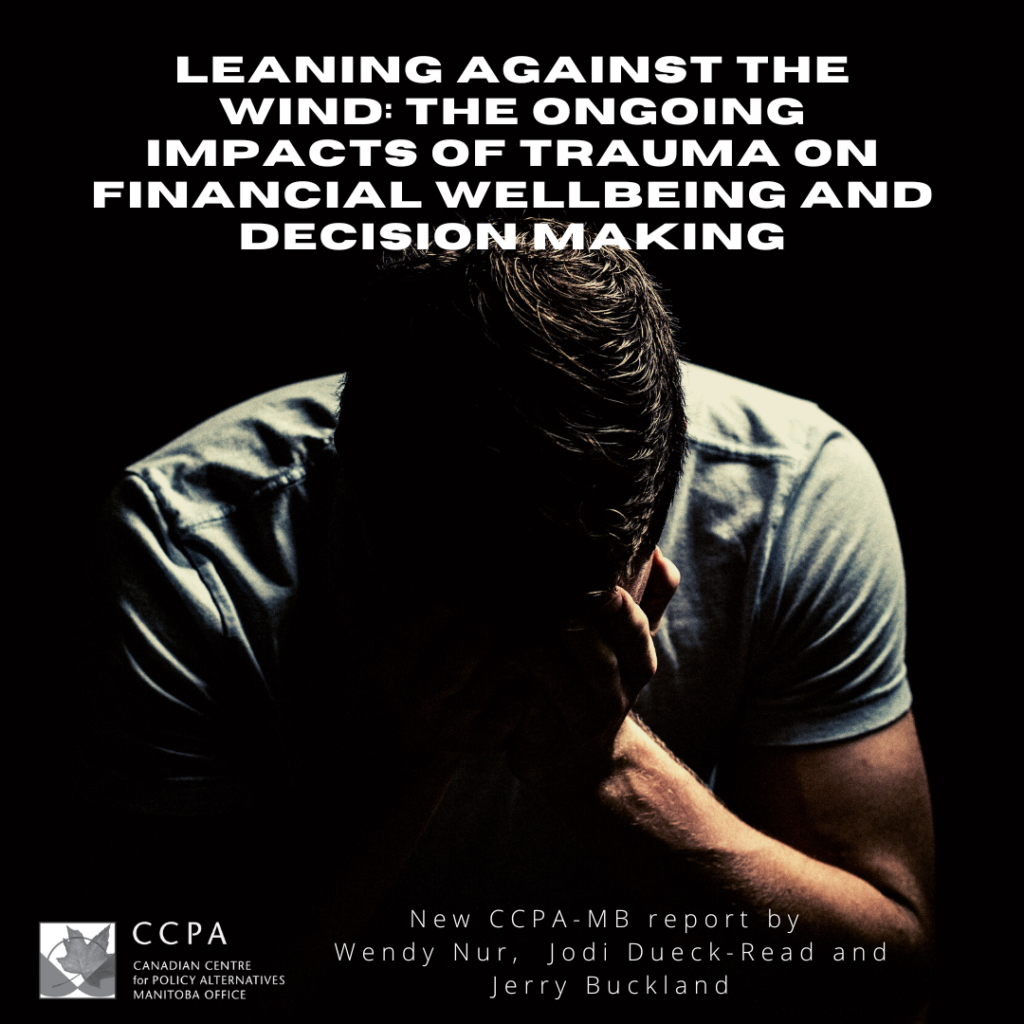
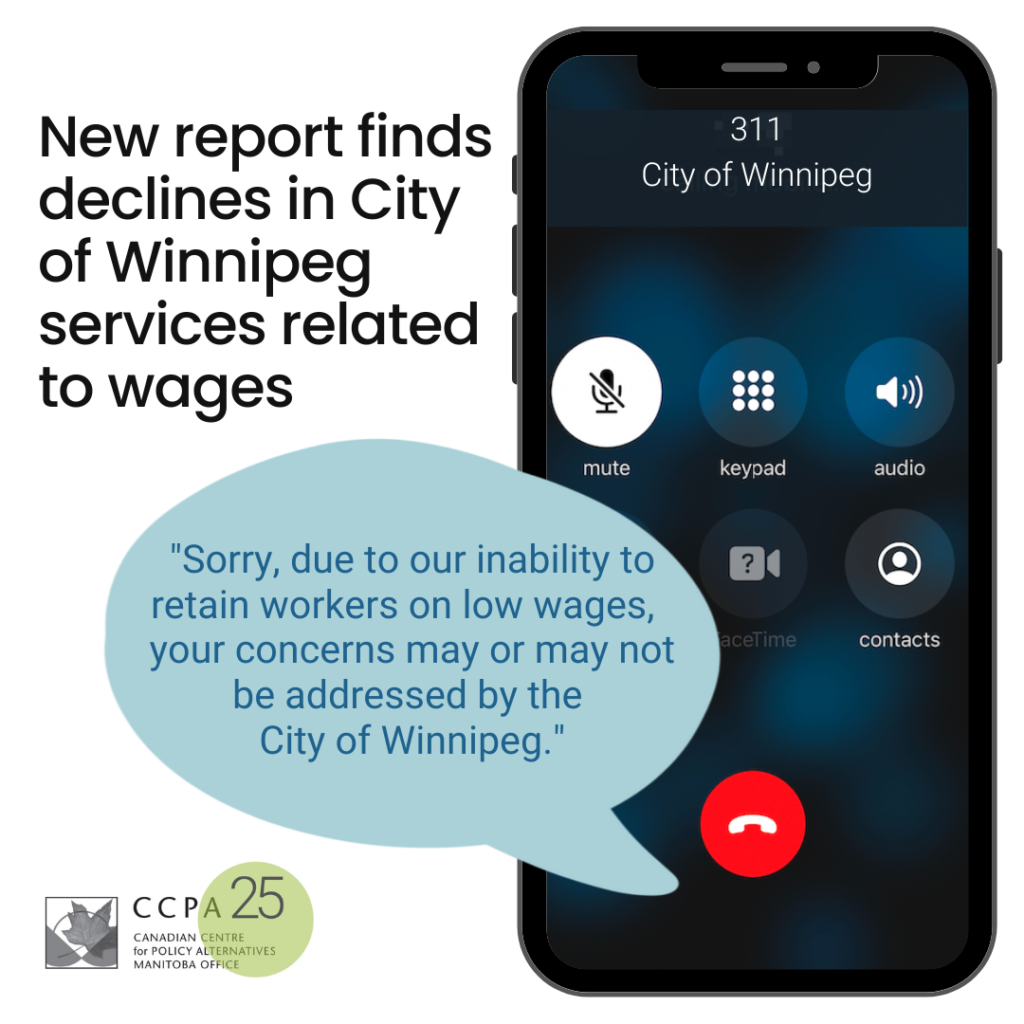

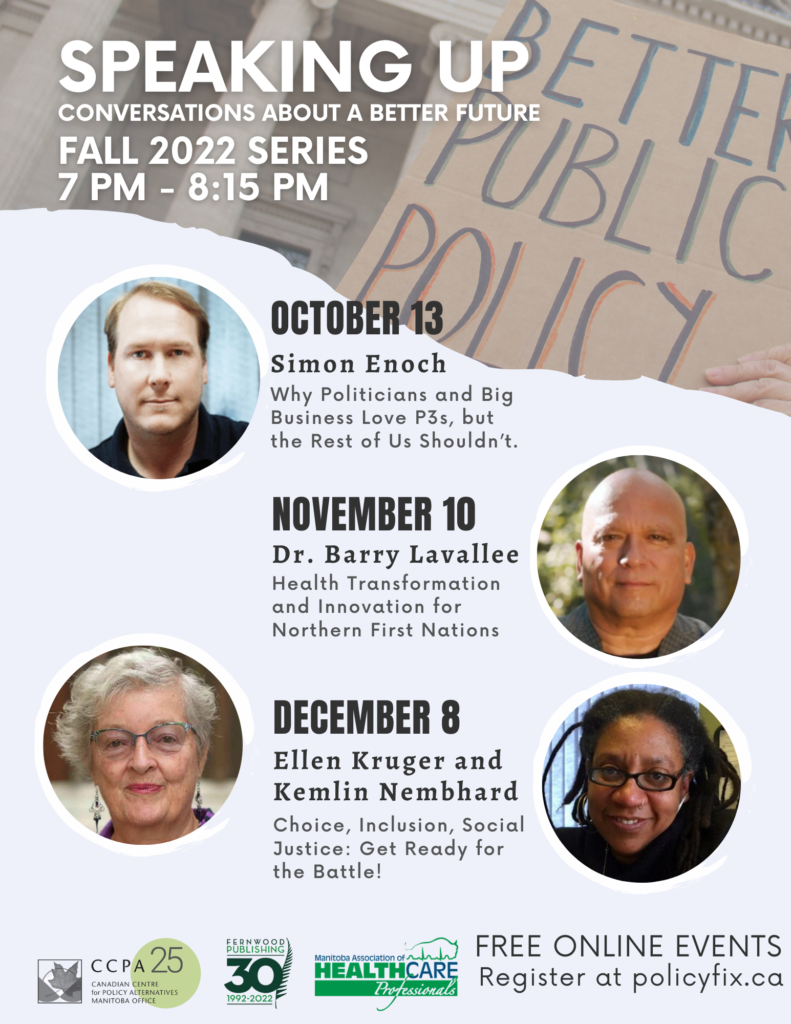


Follow us!